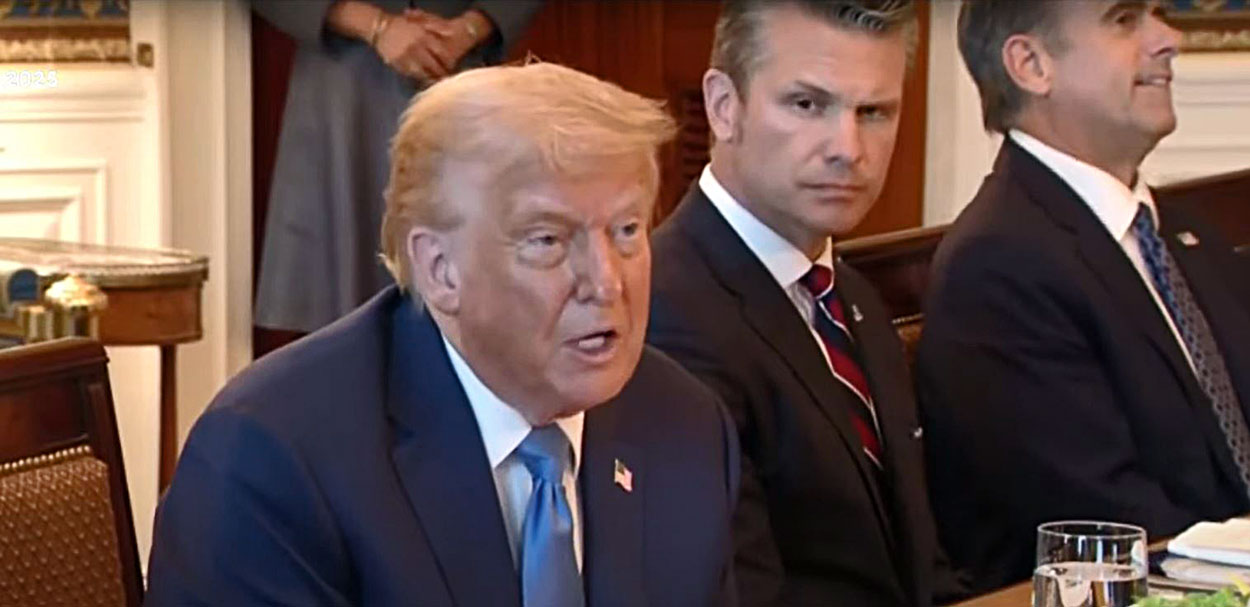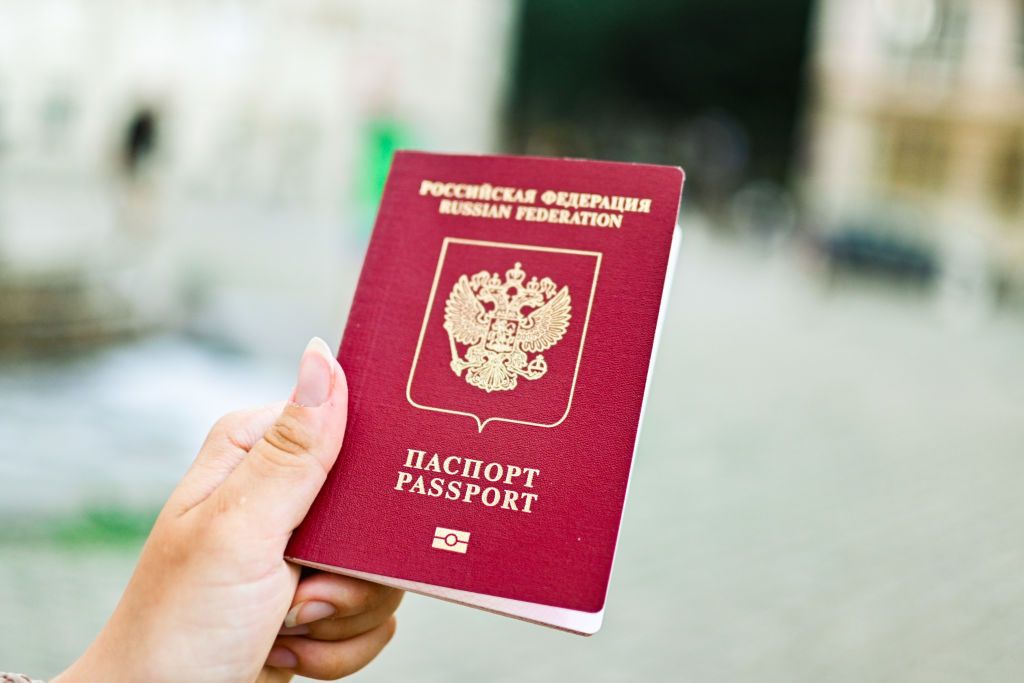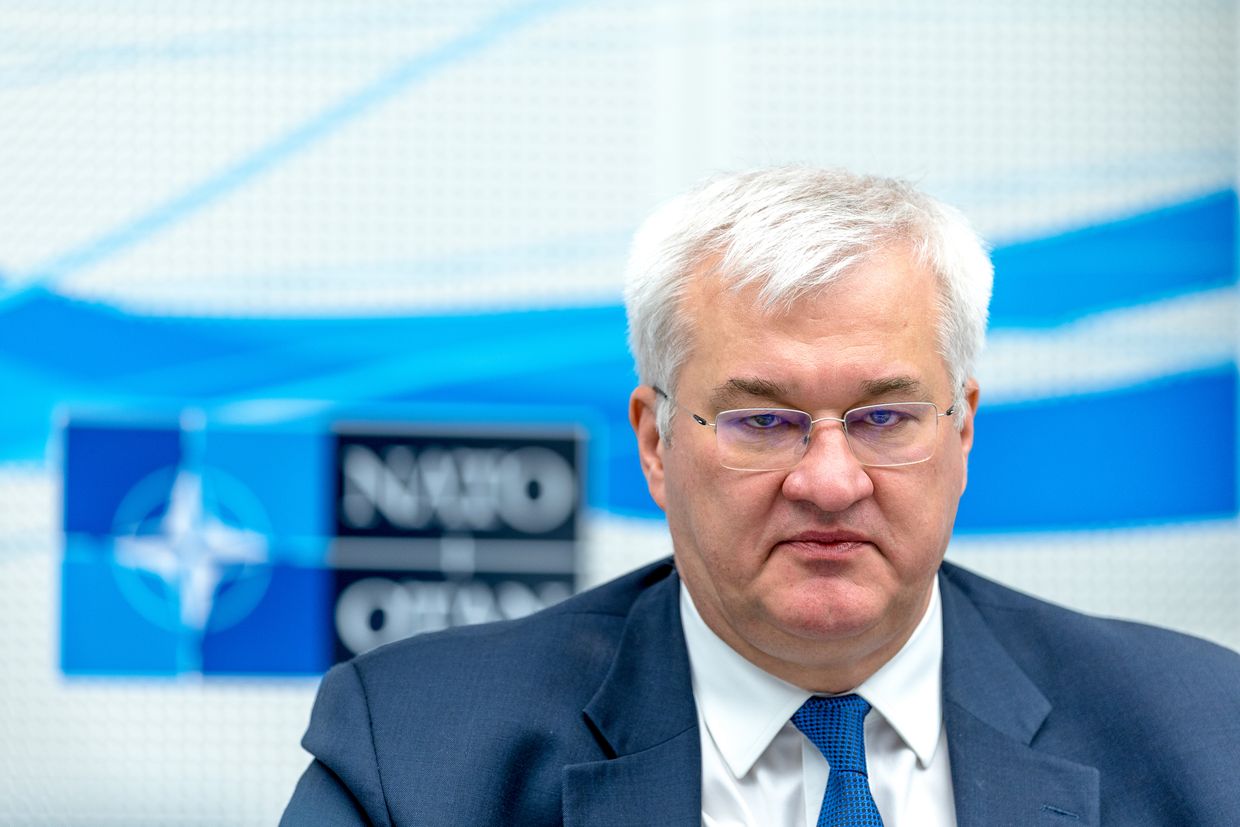From Bolsonaro to Mamdani: the global delegitimization playbook becomes New York reality
Our reporting on the Big Lie:
There's a particular satisfaction—and unease—that comes with watching a pattern you've tracked for years suddenly manifest in your own neighborhood, before your mayor-elect even takes office.
In January 2022, we published "The Year the Big Lie Went Global," documenting how election fraud rhetoric had become a transnational phenomenon—from Trump to Bolsonaro, Netanyahu, Fujimori, and Germany's far-right. The piece traced what seemed, at the time, like a disturbing but spreading phenomenon: politicians losing elections and refusing to accept the results, citing voter fraud without evidence.
We're republishing that piece alongside this essay, not because we've run out of stories to tell, but to show how the infrastructure documented then is now operating in real-time. Read them side by side to see how the pattern has evolved.
On Tuesday, Zohran Mamdani was elected mayor of New York City. According to research from Equality Labs, over 1.15 million Islamophobic social media posts about Mamdani have circulated since January 2025, with user reach exceeding 150 billion impressions. Another 1.43 million posts have labeled him "communist." Forty-five Republican officials from 18 states amplified attacks. Twenty-six international politicians from 14 countries joined in.*
Within hours of his victory, this machinery of disinformation went into overdrive. A viral false narrative spread claiming pro-Trump "hackers" had infiltrated his election night party—the reality was simply a television screen showing election coverage. Texas Republican Alexander Duncan, running in the 2026 Senate race, falsely claimed a noncitizen had traveled to New York to illegally vote for Mamdani, misinterpreting what was clearly a joke post on X. The claim was promoted repeatedly within Elon Musk's "Election Integrity Community" on X.
Then came the ISIS fabrications. Accounts began circulating a fake statement purportedly from ISIS's propaganda apparatus, alluding to attacks in New York on Election Day. Laura Loomer, a self-described "Islamophobe" and Trump confidante, amplified it: "The Muslims can't think of a better way for the Muslims to celebrate the victory of a Muslim mayoral candidate today than by committing an ISIS attack in NYC." Her post gathered 203,000 views and was picked up by the former CIA agent Sarah Adams, who added credibility to the fabrication: "ISIS is threatening New York City today. If you still think appeasing terrorists will make them stop, you clearly haven't gotten the memo." Adam’s post, now deleted, reached 200,000 views and was re-posted by Duncan, who claimed it proved "ISIS is openly supporting [Mamdani]." That iteration received 1.3 million views in a single day.
By the next morning, Steve Bannon, Trump's former chief strategist, was calling for federal investigation into Mamdani's citizenship, urging the Justice Department and DHS to act immediately. "If the guy lied on his naturalization papers, he ought to be deported out of the country immediately and put on a plane to Uganda," Bannon told POLITICO. Mamdani was born in Uganda, moved to the U.S. at age seven, and is an American citizen.
But here's what makes Bannon's response dangerous: he recognized exactly how Mamdani won—the ground game, the turnout operation, "the Trump model"—yet still questioned his legitimacy. You no longer need to deny victory to undo it. You question whether the victor deserves to govern at all. This normalizes permanent contestability, where democratic outcomes are never final, just opening moves in a longer battle over who gets power.
At Coda, we don't chase daily headlines. We track what we call "currents"—the underlying forces that shape multiple issues across different contexts. In 2022, we documented election fraud rhetoric as transnational. What was reactive then—politicians refusing to concede—is now pre-emptive: attacks before the winner even takes office.
That original piece showed us something: Bolsonaro declaring fraud "the only possible explanation" for potential defeat. Netanyahu calling an election transition "the greatest election fraud in history." Germany’s far-right spreading US conspiracies about voting machines they don't use. Each seemed isolated. Together, they revealed something systematic. The speed, coordination, and pre-emptive nature of these tactics was becoming operational by 2022. Now it's refined.
This is why we want you to read the 2022 piece: not as vindication, but as a baseline. The infrastructure that was built then is now operating in real-time against a New York mayor.
The 2022 article ends with Keiko Fujimori's supporters in Peru, bulletproof vests, calling for military intervention rather than accept election results. Three years later: coordinated attempts to delegitimize a US mayor-elect begin before he takes office, with calls to investigate his citizenship and threats of federal action.
From Lima to Harlem, the logic is identical: delegitimize before governing, and you can frame every decision as illegitimate from day one. When Mamdani announces his first appointment, proposes his first policy, makes his first budget decision, the machinery is already positioned to question not just the decision, but his right to make it.
Make democratic outcomes feel perpetually contestable, and power flows to those who control the machinery of doubt, not to those who win votes.
Reading the 2022 piece now, you'll recognize this logic operating around you—not as disconnected controversies, but as infrastructure serving a purpose.
Essay by Natalia Antelava
* Correction: This piece was originally published in Coda Story's Sunday Read newsletter on November 10, 2025. The original version stated that "By Wednesday morning, a coordinated disinformation campaign was underway" and cited Equality Labs statistics showing 1.15 million Islamophobic posts with 150 billion impressions. Those statistics covered January through October 2025, not the immediate post-election period. The web version has been updated to reflect the accurate timeline while documenting the disinformation campaigns that did occur after Mamdani's November 5 victory.
Our 2022 story, republished
The year the Big Lie went global
From Brazil to Israel, politicians are flirting with election fraud conspiracies and undermining faith in democracy
By Erica Hellerstein
25 January 2022
Close your eyes, for a moment, and imagine the evening of November 7, 2012.
Barack Obama had just won reelection in a hard-fought presidential race and the celebrity host of “The Apprentice” was stewing. Back then, Donald Trump was a mere reality TV star and a staunch proponent of the birther conspiracy, the baseless claim that Obama was born abroad, and therefore ineligible to serve as president of the United States. Those were also the days when Trump was still on Twitter, and he took to the bird app to voice his dismay with the U.S. electoral college system. “This election is a total sham and a travesty,” he declared, in a series of now belligerently familiar tweets. “We are not a democracy!”
Fast-forward a decade. That Twitter tantrum that generated a few eye-rolls from coastal media in 2012 now reads like foreshadowing to the kaleidoscope of election fraud myths that have metastasized since the 2020 election and proven ever more resilient. Some 60% of Republicans believe that the last presidential election was stolen.
This “Big Lie” – the meritless claim that the election was hijacked by voter fraud and President Joe Biden was its illegitimate victor – has had tangible policy consequences, leading to the introduction of a slew of state house bills in the U.S. that would restrict voter access, and inspiring Trump acolytes in swing states to run for offices that oversee elections, a development one Democratic secretary of state characterized as a “five-alarm fire.”
The Big Lie reshaping America’s electoral landscape is also providing fertile ground for politicians abroad, who are adopting the rhetoric of widespread voter fraud over the inconvenient realities of legitimate electoral loss. From Brazil to Israel, accusations of rigged elections are gaining momentum, animating conspiracists, and undermining faith in the democratic process. Here are four examples:

Brazil
Trump fanboy and far-right President Jair Bolsonaro defended Trump’s allegations of voter fraud the day after the disastrous January 6th assault on the U.S. Capitol. “What was the problem that caused that whole crisis, basically? Lack of trust in the election,” he hypothesized. “There were people who voted three, four times. Dead people voted. It was a free-for-all.” It’s not just the U.S. electoral system Bolsonaro railed against. For months, the Brazilian president has been leveling fraud claims against Brazil’s electronic voting system and already questioning the legitimacy of the country’s upcoming 2022 presidential race – but only if he loses, naturally.
Subscribe to our Coda Currents newsletter
Weekly insights from our global newsroom. Our flagship newsletter connects the dots between viral disinformation, systemic inequity, and the abuse of technology and power. We help you see how local crises are shaped by global forces.
Bolsonaro’s attacks on Brazil’s electoral system come as polls consistently show him trailing the candidate most likely to run against him, former President Luiz Inácio Lula da Silva. Recognizing the importance of the upcoming election, Trump allies – including former Trump strategist Steve Bannon – have thrown their weight behind Bolsonaro and are faithfully propping up his voter fraud allegations. According to the New York Times, Bannon argued Bolsonaro “will only lose if ‘the machines’ steal the election.” Bolsonaro, too, has preempted a loss to Lula by declaring fraud as the only possible explanation for his defeat, and has suggested he won’t concede the election if that happens. “I have three alternatives for my future,” Bolsonaro explained of his electoral prospects in August. “Being arrested, killed, or victory.”

Israel
Former Prime Minister Benjamin Netanyahu sounded downright Trumpy in June as a coalition of opposition lawmakers were poised to remove him from office. “We are witnessing the greatest election fraud in the history of the country,” he declared, arguing the coalition that later succeeded in ousting him was in league with the “deep state” and the journalists covering the news were “taking part in a propaganda machine enlisted in favor of the left.” The rhetoric became so heated in the country’s online spaces in the lead-up to Netanyhau’s ouster that the directory of the country’s security agency, the Shin Bet, released an exceedingly rare statement warning of “ a serious rise and radicalization in violent and inciting discourse” that could lead to political violence, drawing comparisons to the warnings that preceded the January 6 riot at the U.S. Capitol. Although Netanyahu did eventually step aside for his replacement and the country was spared from the alarming prospect of an Israeli version of the QAnon Shaman, the former prime minister has yet to walk back his earlier allegations of election fraud.

Germany
Even Germany hasn’t been spared from the abyss of election conspiracies. As Coda reported in the fall, the Big Lie found an eager audience among a number of leaders within the country’s far-right movement, who have amplified Trump-inspired false claims about the security of voting by mail in the run-up to the country’s 2021 parliamentary elections. Unsurprisingly, some of the conspiracies were well outside reality. While the country doesn’t use voting machines, one researcher found U.S-originated conspiracies about rigged voting machines circulating through the country’s right-wing social media outlets over the summer. “These alternative realities that are created in the United States, and are really popular there, have a huge impact on countries that the U.S. is allied with,” he explained. At a campaign event in eastern Germany, a politician with the far-right Alternative für Deutschland party urged supporters to vote in person rather than by mail, citing the possibility of election fraud and warning them to “stay alert.” The election, a voter told Schultheis, “is going to be manipulated.”

Peru
Keiko Fujimori promotes the election fraud myth that just wouldn’t quit. In June, Fujimori, the daughter of jailed former Peruvian dictator Alberto Fujimori, lost the country’s presidential election to leftist rival Pedro Castillo, and then refused to concede the race, leveling unsubstantiated claims of voter fraud and demanding tens of thousands of ballots be thrown out, leading to massive pro-Fujimori rallies in which supporters donned bullet-proof vests and prophesied about civil war.
Related Articles
What Donald Trump owes to George Soros
Though Washington and the European Union called the election fair and international observers found no evidence of fraud, the claims delayed the country’s election certification process by a nail-biting six weeks. Castillo was eventually declared the winner, but experts worry Fujimori’s Big Lie amplification has deeply damaged faith in the country’s democratic institutions and radicalized elements of the country’s right. Consider this disturbing New York Times dispatch a month after the election:
“In the crowd at one recent Fujimori rally, a group of young men wearing bulletproof vests and helmets marched with makeshift shields painted with the Cross of Burgundy, a symbol of the Spanish empire popular among those who celebrate their European heritage. One man flashed what looked like a Nazi salute.
Ms. Fujimori, the granddaughter of Japanese immigrants, part of a larger Peruvian-Japanese community, has allied herself closely with the country’s often European-descended elite, just as her father eventually did.
A number of her supporters have talked casually about their hope that the military will intervene.
“Just for a moment, until the military can say: ‘You know what? New elections,’” said Marco Antonio Centeno, 54, a school administrator. “The alternative is totalitarianism.”
Original story by Erica Hellerstein
Why did we write this story?
We published "The Year the Big Lie Went Global" in 2022 because we saw a pattern becoming infrastructure. Since January this year, 1.15 million Islamophobic posts have circulated about New York's new mayor, with Steve Bannon calling for Zohran Mamdani's deportation before he even takes office. We're not documenting theory anymore. We're watching the playbook we mapped three years ago operate in real-time. This is why we track currents, not just headlines: so you can recognize the machinery when it comes for your city.

Help us hold power to account
The infrastructure of doubt works best in the dark—when patterns stay invisible, when each incident feels isolated. Understanding the machinery is the first step to not being manipulated by it. This is why Coda exists: to help you see patterns before they become normalized.
Through December 31st, every donation is matched dollar-for-dollar through NewsMatch, up to $1,000 per person. Support the journalism that exposes the hidden systems of power visible.
The post From Bolsonaro to Mamdani: the global delegitimization playbook becomes New York reality appeared first on Coda Story.
























